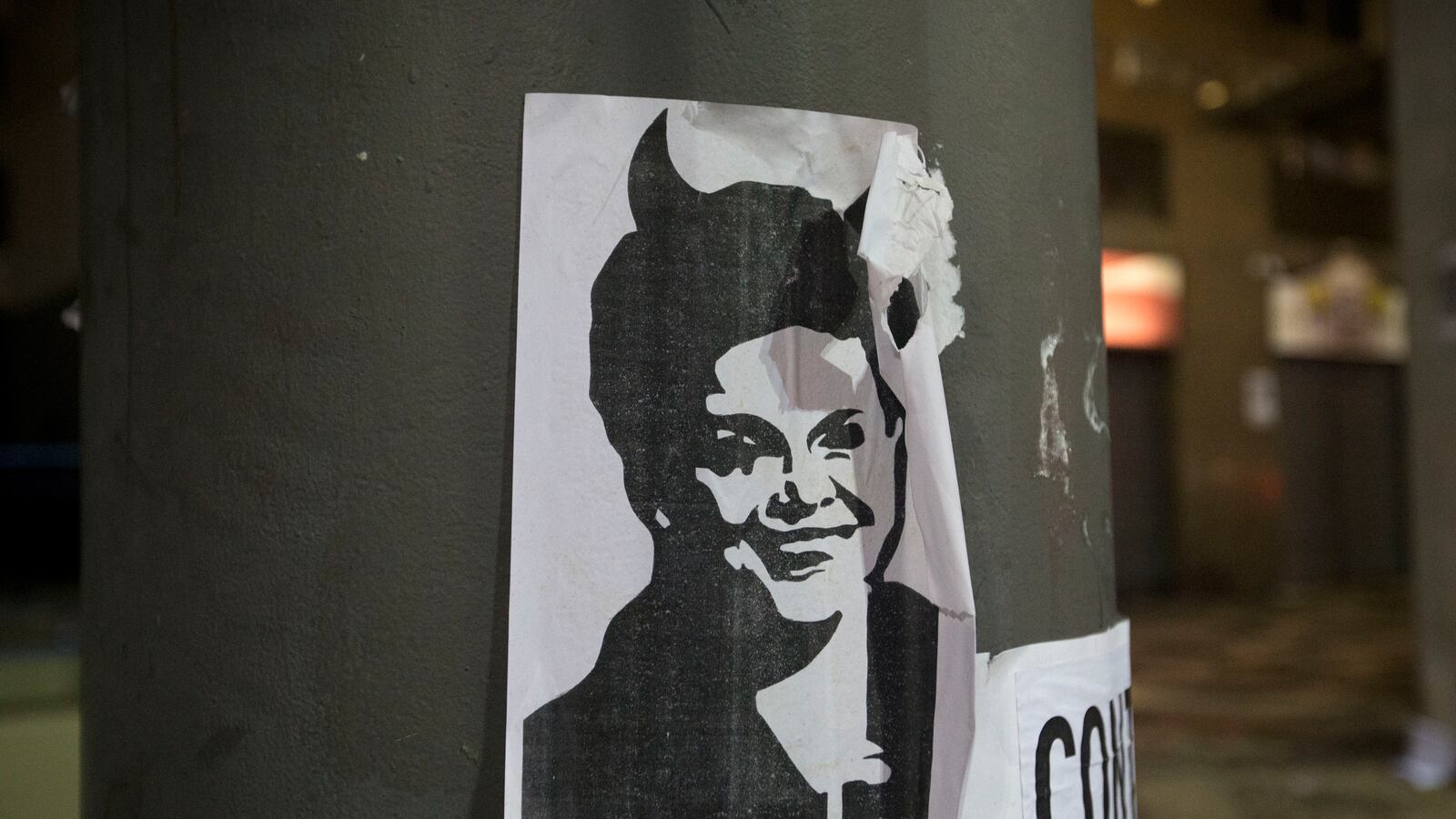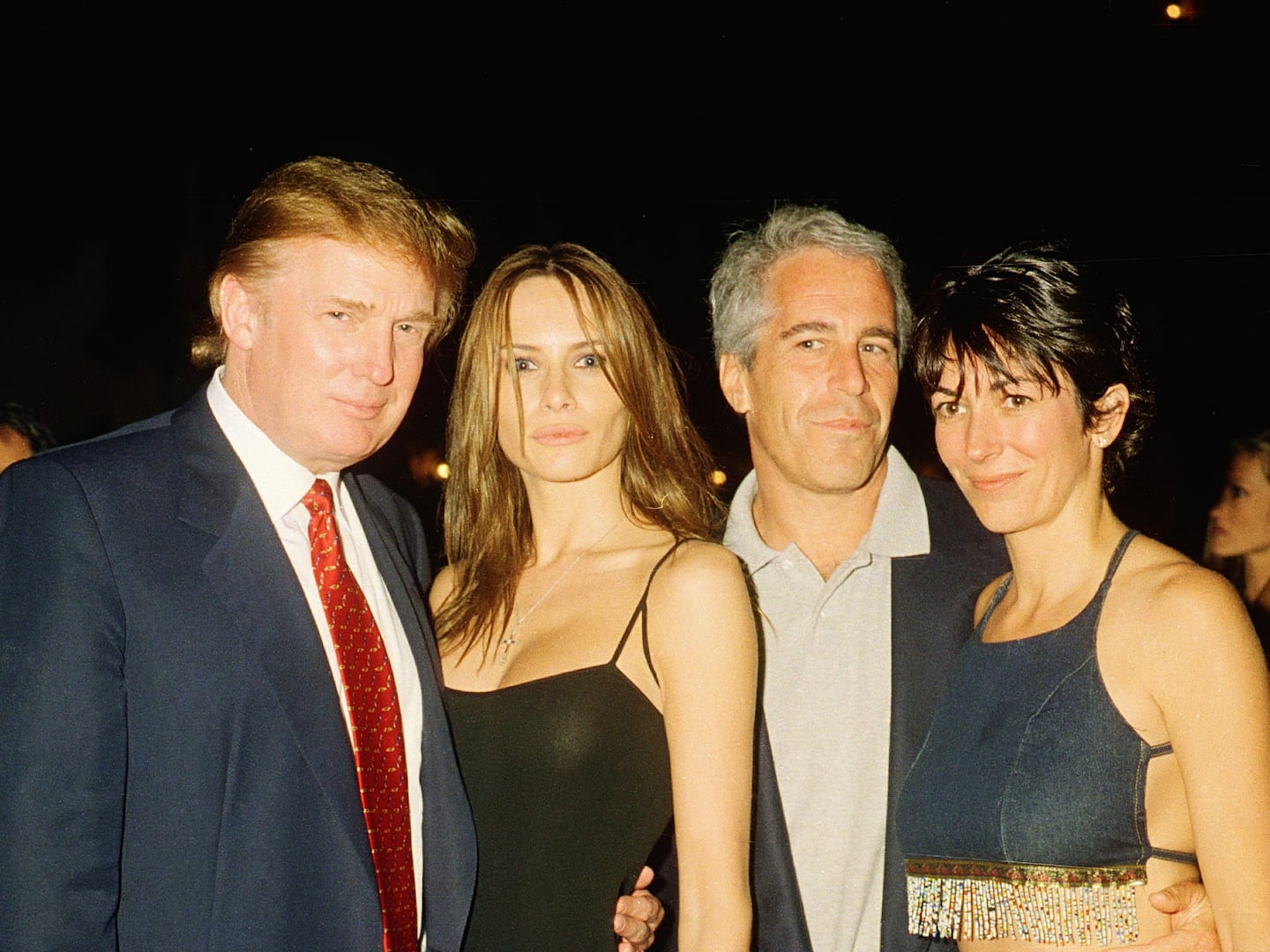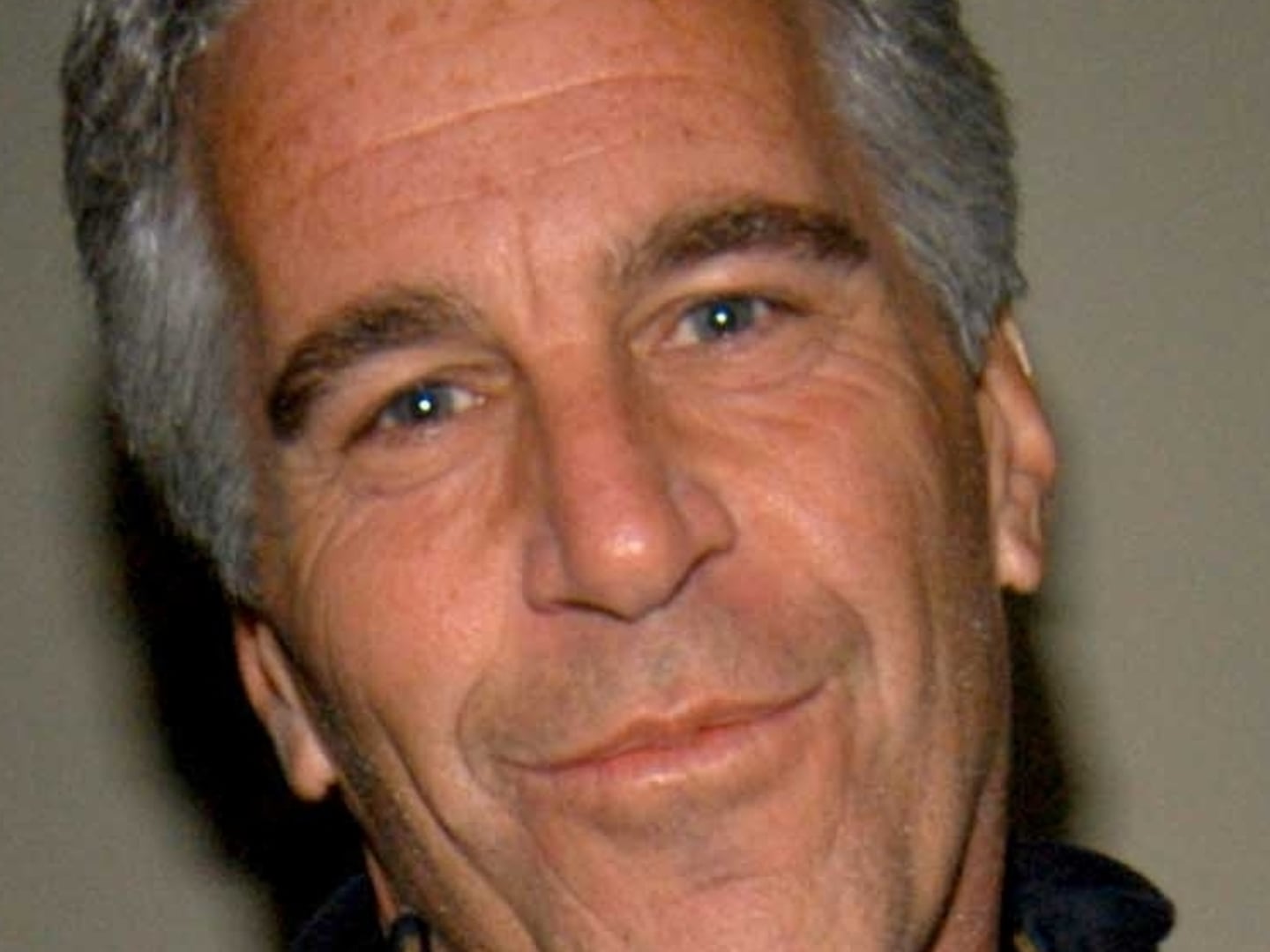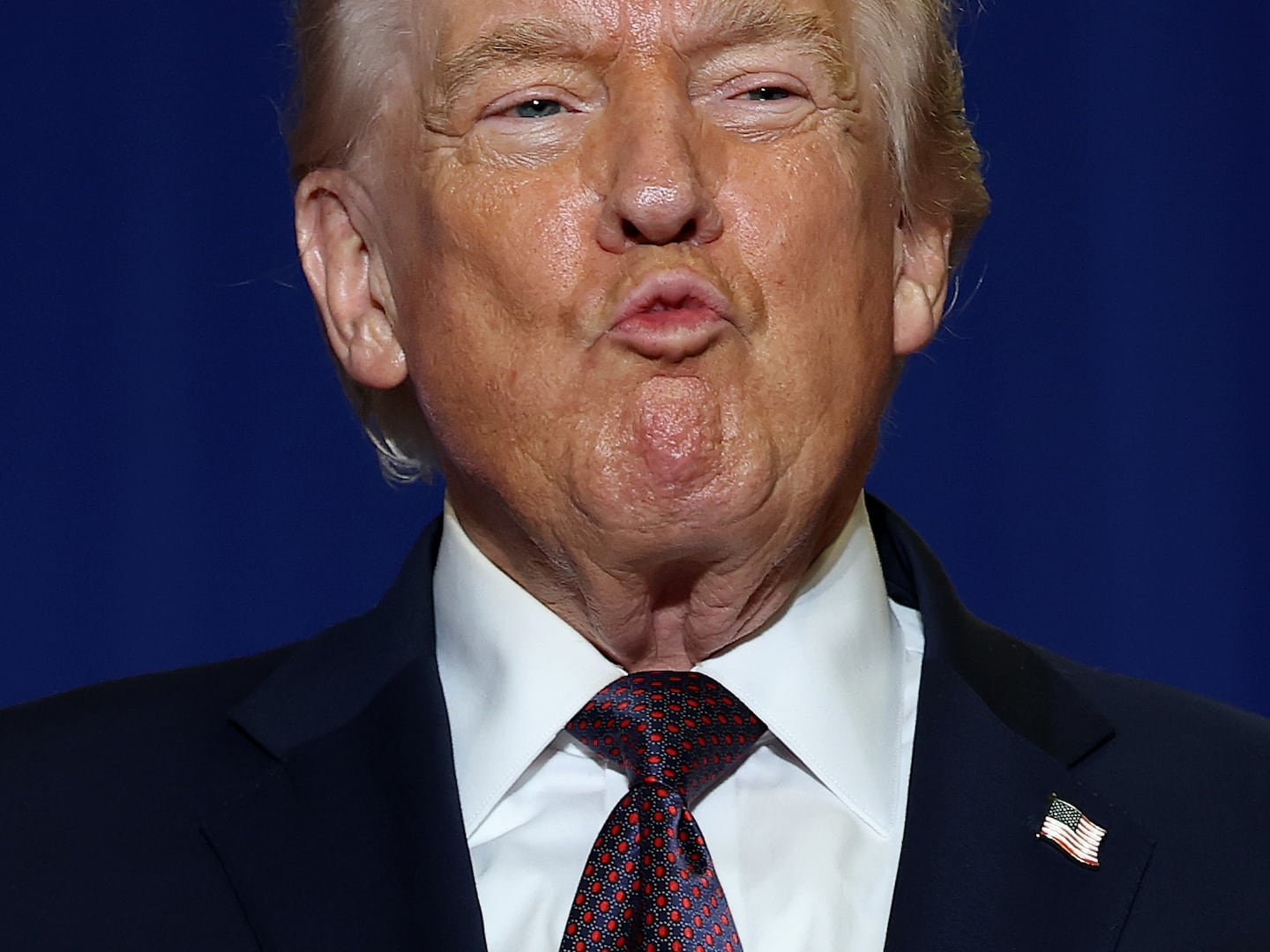Some years ago, when Brazil's star had not yet emerged on the global stage, and with investors biting their nails as the country's tender economic stability started to fray, then-president Fernando Henrique Cardoso had some cautionary words. Brazil is not a speedboat but an ocean liner, he said. It takes time to change directions.

That may be cold comfort to Dilma Rousseff. The crowds that have poured into the streets in recent weeks to march against high bus fares, corruption, failing public schools and hospitals, and just about everything else that is ailing in this outsize country have shaken the Brazilian political establishment almost as never before.
The protesters want nothing of party flags, trade-union bosses, or official godfathers. Elected leaders think twice about appearing in public, and those who do pay the price, as Rousseff discovered in mid-June, when she inaugurated the recent Confederations Cup soccer tournament to a stadium of jeers in Brasília.
Blessed until recently with phenomenal popularity, Rousseff has seen her approval ratings plunge practically overnight, from 57 percent in early June to 30 percent by the end of the month. And though she wasted little time in addressing the protesters with a heartfelt nationwide broadcast—"I hear you"—and has proposed a bold-sounding plebiscite on political reform, the decline looks likely to continue.
Economists argue that Brazil is at the tail end of a phenomenal bonanza of growth driven by a commodities boom and led by breakneck demand in China for goods from iron ore to soybeans. Brazil surfed that wave for nearly a decade, barely winded by the 2008 global crash, and saw unemployment plummet and a record 40 million lifted from poverty from 2001 to 2011. For the first time in Brazilian history, the middle class, now 100 million strong, outnumbers those below the poverty level.
Rousseff's fortunes soared with the country's, her approval ratings spiking to 76 percent by mid-2012. Tough, dedicated, and increasingly confident, she seemed the right leader for the new Brazil as the Latin American juggernaut claimed its place on the world stage.
But with the international economy still struggling, the Brazil boom has gone flat. Brasília tried to cushion the blow by tweaking growth with record amounts of consumer credit and tax breaks while also shoveling low-cost loans to select industries, such as automakers. The new consumers hit the malls, while manufacturers, wary of the country's penchant for boom and bust, conservatively opted to use up idle factory capacity instead of expanding existing factories. The result: production bottlenecks, a surge in consumer debt, and inflation. With GDP expanding by less than 1 percent in 2012, Brazil will be lucky to grow 2.5 percent this year, the lowest of any of the big emerging-market nations.
Jump-cut to the Brazilian streets, which are still seething with discontent. Though Brazil's economic downturn is not yet dramatic, the government's recent decision to raise interest rates to hold down creeping inflation has fed the anxiety on the streets. "When prices rise and begin to eat into wages, Brazilians get nervous and frustrated," says Brazilian political analyst and blogger Sergio Abranches. "That discomfort transfers directly to the national leader."
That bodes ill for Rousseff, who has announced her candidacy for reelection in the October 2014 presidential contest. Her fall from grace, in turn, has contaminated Brazil's fractured political class, starting with the fragile 18-party ruling coalition with which she must constantly haggle and cajole to keep government running. It's one of the ironies of Brazil's political system that the nominally strong president—endowed with extraordinary powers to rule by decree and set the legislative agenda—is ultimately strapped down, Gulliver-like, by the demands and appetites of a multitude of small political parties.
When the president is riding high, "all politicians and parties flock to the president's camp," says Abranches. "But when the signals go negative or even weaken slightly, Brasília becomes a centrifuge, and all the small players upon whom the president relies disperse."
With elections still 15 months away, it's too soon to write off Rousseff, says Christopher Garman, chief Latin American analyst for the Eurasia Group. Garman notes that while Rousseff 's approval rating has fallen, it is from an enviably lofty height. He also argues that the funk in Brazil spreads far beyond the president, to the entire political class.
And yet her call for a plebiscite smacks as much of political despair than a statesman's conviction. Over and over again, Brazilians have called for political reform, only to see the cause buried by lawmakers—and presidents—unwilling to tinker with an arrangement that assures them perks and power. Rousseff's political rivals denounce the initiative as a populist play to the gallery to bypass Congress, in the vein of the late Venezuelan President Hugo Chávez, who so often leveraged his charm to bully rivals.
And yet the Brazilian street seems unimpressed. As amorphous and diffuse as their upheaval has been, the protesters have already scored important victories. They forced mayors across Brazil to cancel hikes in bus fares. They also shamed Congress into voting down Constitutional Amendment 37, a bill that would have curbed the power of federal prosecutors to investigate corruption in the legislature.
No one knows where Brazil's biggest protest movement in the last 20 years is heading. To convert their funk into reform, the demonstrators will ultimately have to launch leaders and turn to the very political class they revile.
And for all the discontent, traditionally Brazilians vote to return over half of their representatives to office at every election. Riding out the wave of anger may not be an elegant endgame, but with her authority eroding and popularity in decline, it may be Rousseff's best strategy.






